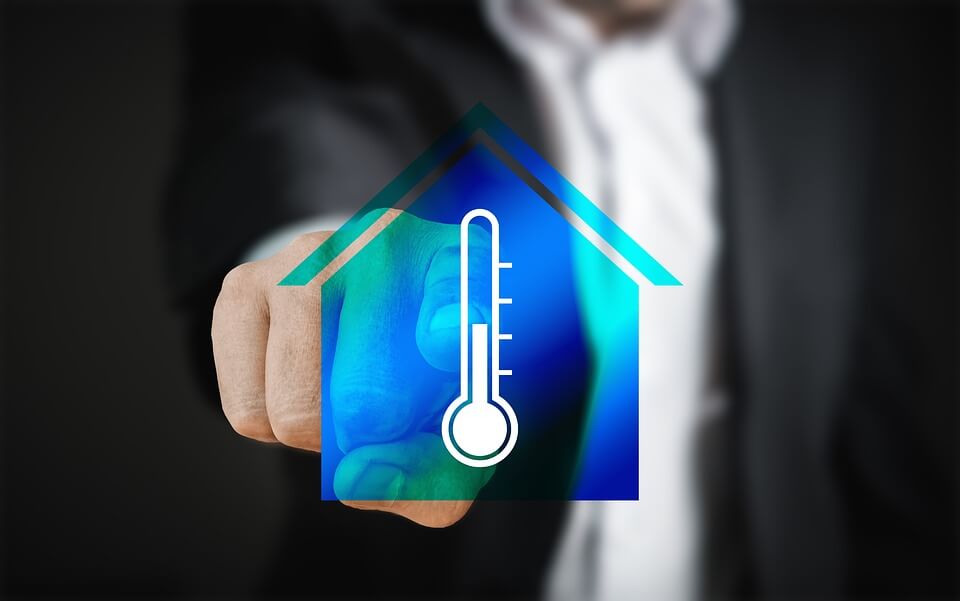How can smart meters save you money on your energy bills?

Most homes in Great Britain have old meters in their home, with technology decades old. Older meter devices require regular meter readings and estimated prices, which can prove to be costly and sometimes inaccurate.
A switch to new smart meters mean a better service for homeowners and it means you are only ever charged for what energy you use. The government is planning to have gas and electricity smart meters installed in every home and small business by 2020. The initiative is set to cost £11 billion, but is estimated to save £17 billion.
There have already been around 2 million smart meters installed, a small fraction of the total of 53 million meters that need to be installed. However, with more than 30 energy suppliers responsible for installing these meters, it will be a challenge to complete in less than 4 years.
The government’s smart meter roll out scheme means that at its peak, it will require 900,000 meters to be installed every month by more than 6,000 installers. It is important for energy companies to move as fast as possible with the roll out, to ensure they hit the target.
However, questions have been raised over how beneficial smart meters are in the home.

What is a smart meter?
Smart meters are wireless devices which help measure the total energy used in the home (in kWh), monitor how that energy is used and see how much it is costing you, all in a real time display.
They also send your exact meter readings wirelessly and directly to your supplier, which means you no longer have estimated bills, but rather accurate meter readings. The average household is reported to spend £1,300 on gas and electricity annually, and it is hoped that with smart meters installed, households can analyse their spending and ultimately save money.
Smart meters are the next generation of technology and can even link up to other smart devices in your home, working together to maximise on energy usage.

Are there any disadvantages to smart meters?
Your usage data is transmitted wirelessly through a secure national network to your supplier. Many concerns have been raised by consumers over who can access their energy consumption data and how it is used.
The government have assured homeowners that the choice of how your data is used is completely up to the customer. They explain that “only your energy company and energy networks can access appropriate data to enable them to send you accurate bills and carry out essential tasks”.
If you want to switch energy suppliers, then you have the choice if you would like to share your energy consumption data with that new supplier. By sharing that data, the energy supplier can analyse your usage and offer you the best tariff.

What are the benefits of smart meters?
The switch to smart meters gives the customer the control. It means an end to estimated billing and allows you to analyse the data to help make changes to your energy use and also allows you to easily switch energy suppliers without hassle.
However, of those who have already had smart meters installed, one in three say they do not feel they are financially benefiting from the switch. Customers must remember that the energy saving benefits don’t start when the smart device is installed, but rather when the customer utilises the real-time data to monitor costs and make changes to energy consumption.
Energy suppliers will be able to analyse the data and offer competitive tariff rates to customers, as well as gain a better understanding of how their customers use energy.
You will be provided with customised, cheaper tariff options on your smart meter display, to help you understand how best to save energy and also run your appliances at the cheapest time.
The scheme is voluntary and households can opt to not have one installed, however, it is important to note that the installation of both gas and electricity smart meters is completely free and covered by your energy supplier.
If you enjoyed reading about smart meters, then you might be interested in these 7 wireless smart home devices!
Back to blog



